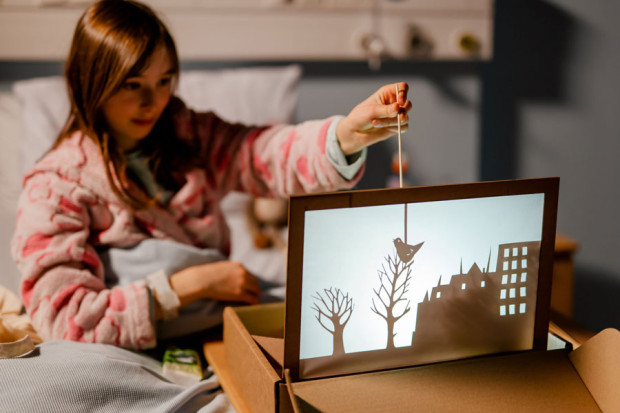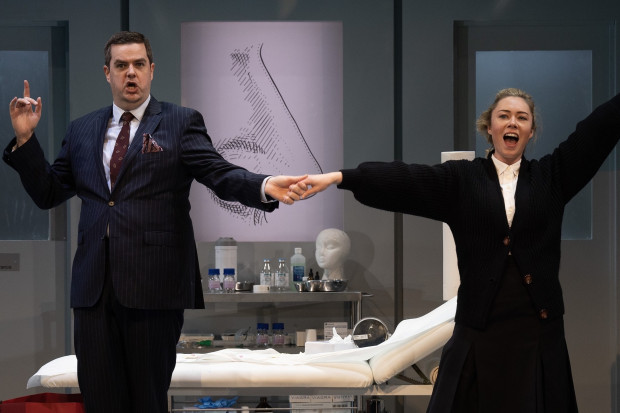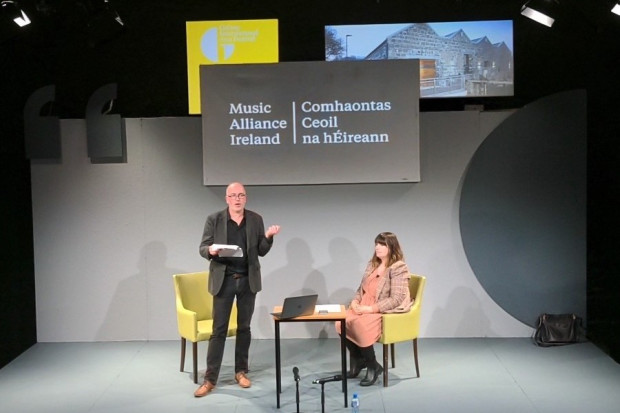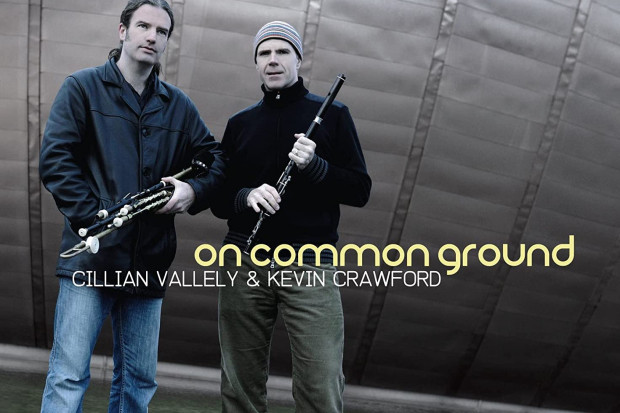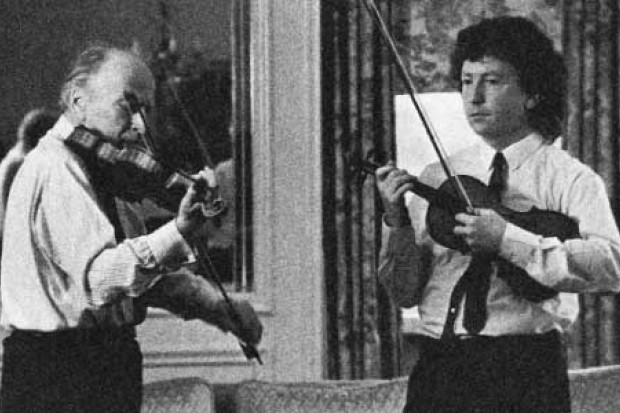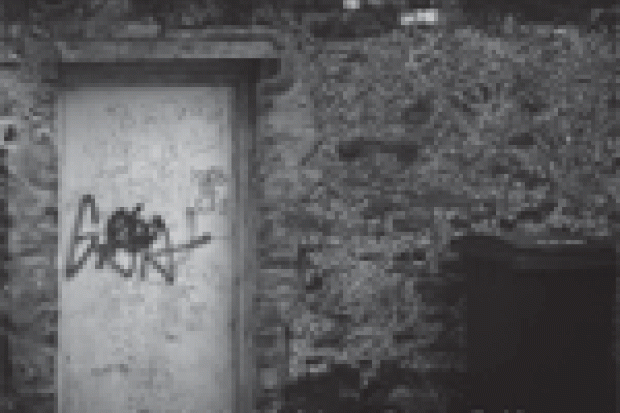Letters: Caoimhín Ó Raghallaigh and Experimental Traditional Music
Fintan Vallely, Dundalk IT, writes:
Your interviewee Caoimhín Ó Raghallaigh (Sep-Oct) presents a rather jumbled self-image with too many contradictions. He sees himself as both young and radical, yet swears by the ancestors – that’s like being a Tory and an anarchist. He perceives Irish universities as doing it all wrong, but just what is ‘it’ is not identified, yet he is happy to be credited with having trusted them to educate him in science. He considers traditional music to be in the doldrums yet it has never been more popular or visible – an ideal seedbed for the projection of radical ideas. He views Ireland in traditional music in the present as the place where Sweden was thirty years ago - yet Swedish music is invisible in the Western world. Tá adharca fada ar na buaibh thar lear, faraway hills look greener?
Yet here is a terrific enthusiasm for adventuring out of the solid security of total immersion in traditional music into the technologically-feasible unknown. Of course this is what should be done, but not as a substitute, rather as a necessary and vital addendum to and exploration of the music. Most obvious is the fact that it appears to already be being done by the man himself – although if he is so reluctant to put it out there and let the hoi polloi hear it, then one suspects a serious lack of confidence. Before criticising them, should this performer not find out first what ‘universities’ actually do teach – and the reasons ‘why’? Why won’t he go and form the experimental ensemble? He is well capable, and obviously ready – no-one is going to commission him – he has to grab the nettle himself. Seán Ó Riada did just that, and to such effect that people did copy it – that’s what happens to good ideas.
This is redolent of the quoted Blackbird and the Bell’s less impressive moments when on one occasion three grown men were sitting around looking at a CD player, listening to Siberian throat singing as if they were the creators of it. The recording industry had had that music for long, and many of us had heard it years before – promoted by no less than Japanese multinational record distributor JVC. In the tourist gaze the world is full of wonders – let us not lose the run of ourselves. Someone with such need to break the traces should apply to the Arts Council for what has been suggested to that body many times before – support for a permanent experimental traditional music ensemble. All past Arts Council efforts – particularly Music Network’s – are directed towards getting jazz, contemporary and classical players to use the indigenous like dolly mixtures – as a resource. Why won’t they truly credit – and trust – the artistic integrity of traditional innovators by encouraging their potential to develop from within their artform? This interview would seem to set Ó Raghallaigh up as the ideal candidate, but first, surely he has to shake off the ‘all the best musicians are dead’ and ‘no-one else in Irish music has any radical ideas’ supremacism? If he is not going to put any faith in the music culture that actually nourished his art and curiosity, then one can hardly expect the Arts Council to do so.
Published on 1 November 2007
Fintan Vallely lectures in traditional music at Dundalk Institute of Technology. He is author of several biographical and ethnographic books on the music, and is editor of the A-Z reference work Companion to Irish Traditional Music.












